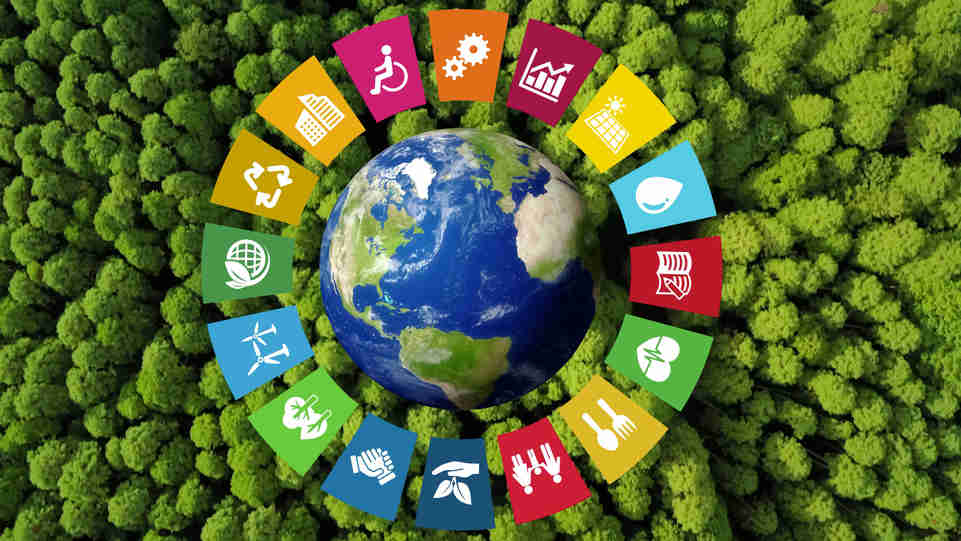The Sustainable Development Goals are a set of 17 goals which cover everything from poverty elimination to gender quality and better infrastructure, that were deemed important to sustainable development. With less than five years left for us to reach 2030, which is when we aimed to reach said SDGs, India has reached a new milestone. Driven by better healthcare according to some and a move towards sustainability according to others, we have finally managed to break into the top 100 countries to show progress towards the SDG aims.
As President Murmur said, sustainability isn’t just a word, it’s a need. Yet, despite India’s achievements in poverty reduction, and the break into the top 100 countries, we cannot say our country is going to meet all SDGs. But most likely, most of the countries that agreed won’t. A report by SDSN shows that we are only on track to reach 16% of the SDG aims. A more worrisome trend is that progress in certain areas, such as obesity reduction, and press freedom seems to have reversed. While official sources point to Covid-19 for the reversing trends, many have theorized that global conflicts and geo-political shifts are also playing a major role in our inability to stay on track with the SDGs. Despite this, the BRICKS and BRICKS+ nations show remarkable progress in Sustainability.

India in particular has several provisions to meet its various goals in terms of the environment. As a signatory of the CBD, we have several ways to protect our biodiversity, despite the recent trend of felling trees for development. We are also moving towards clean energy generation, even if our rising demand for electricity keeps coal going and despite petroleum products being one of our major exports, thanks to a developing economy that has to feed the world’s largest population. Even with the disappointing results of the previous COP in terms of climate repressions from developed nations, we are still looking to strengthen ourselves against climate chaos and move towards a more sustainable world, with programs like Mission LiFE which encourages public participation and government schemes like Pradhan Mantri Jan Dhan Yojna aimed to help the poor.
Also check:- Delicious in Dungeon: An Ecosystem Focused Review
While decoupling emissions from growth might be a lofty goal, India and its neighbours like Nepal might just be paving the way forward for developing nations. The question remains, will we be able to strike a balance between human needs and ecological safety in time?
Stay tuned to NB News for more information on India and the world.

